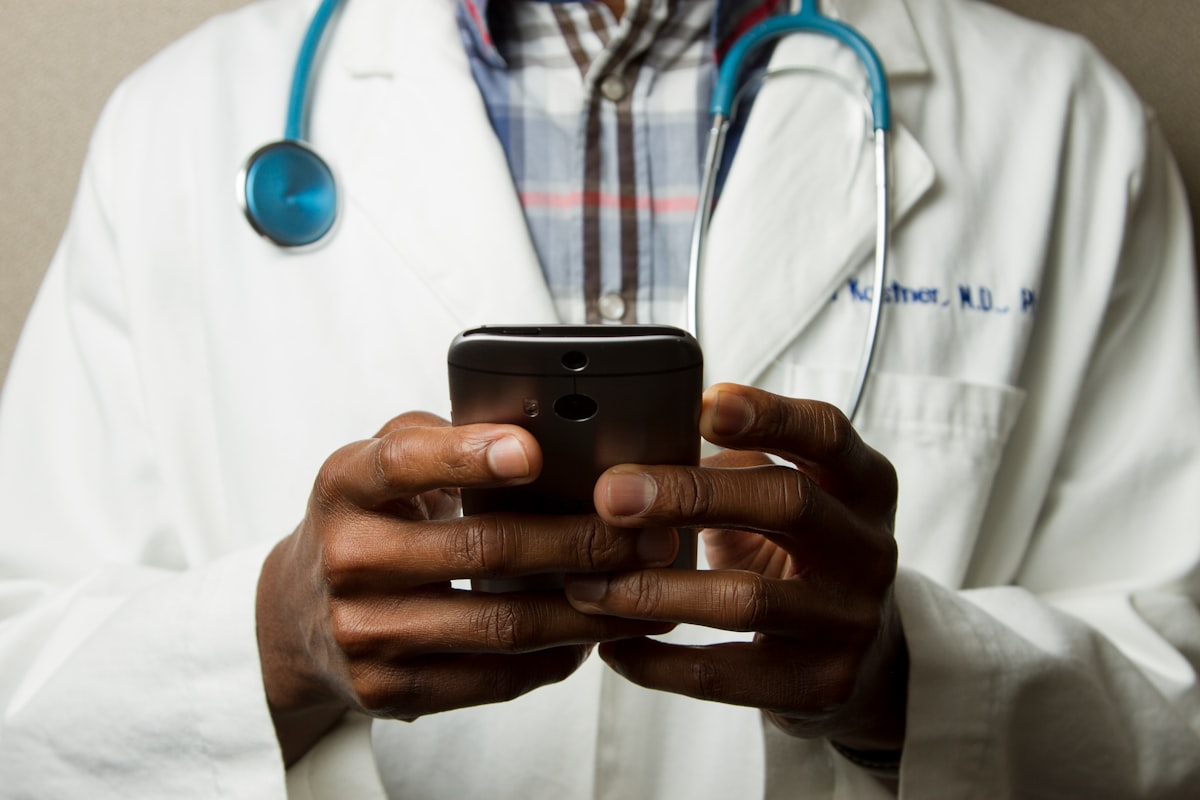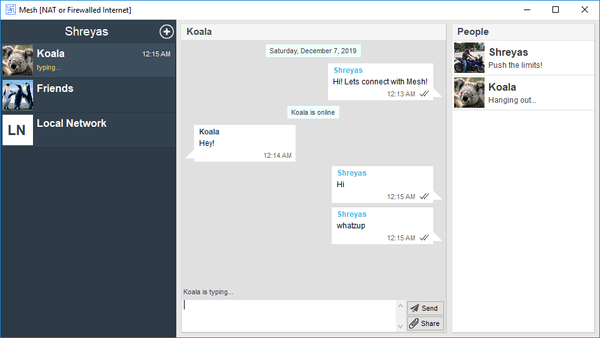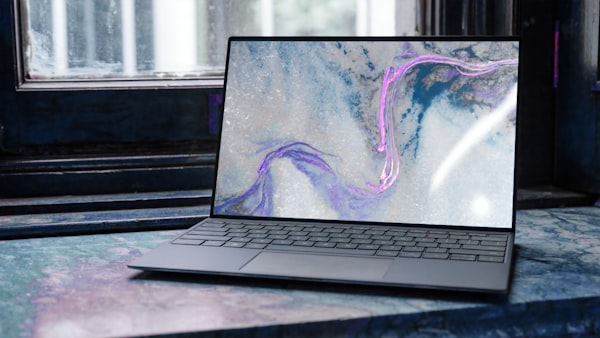The Relevance Of Using A VPN To Protect Healthcare Data

It is undoubtedly that a virtual private network brings benefits to users. It enables them to get access to any online content from any country and protects users’ data by hiding IPs.Virtual private networks are especially helpful in the healthcare industry since medical institutions involve much sensitive information. Let's sort out in detail the way VPN is utilized for the protection of healthcare data.
Definition of Virtual Private Network
A Virtual Private Network is a sort of encryption that ciphers the internet connection of users. It grants these users the ability to transmit confidential information safely and it averts unauthorized user access.
Nowadays, one can find numerous Virtual Private Network providers for various browsers. Thus, if you need a Mozilla VPN download, we can propose one of the best providers. VeePN is selected by users from all over the globe for a reason. This VPN for Firefox will be handy if you care about your online privacy.
If you apply for a free trial, you can make sure that this Virtual Private Network can be utilized by ordinary users and employees in healthcare. Utilization of VeePN in healthcare is one of the simplest methods to ensure network security and at the same time implement security of healthcare data.
Importance of Protection of Healthcare Data
Medical and legal industries operate with confidential data the most. Securing healthcare information is one of the most significant facets of compliance with HIPAA requirements. HIPAA demands healthcare institutions as well as their business partners possess security measures to safeguard PHI (protected health information).
This is where a Virtual Private Network provider will be beneficial the best to protect healthcare data. Implementing Virtual Private Networks in healthcare ensures a lot of means of protection required to correspond to HIPAA requirements.
How Healthcare Data Is Encrypted?
If data is encrypted, this means that the protection of sensitive information in the healthcare industry can be ensured. Encryption makes confidential data as unreadable text. This text is known as ciphertext. If somebody intends to decipher the text, he/she should possess a special decryption key.
Encryption via VPN is regarded as one of the simplest methods to secure healthcare data, although this is not expressly provided by HIPAA. However, HHS (The Department of Health and Human Services) demands companies operating in healthcare to possess comparable security if they make a decision not to utilize encryption.
Virtual Private Network for Compliance HIPAA Requirements
Implementing Virtual Private Networks in healthcare concerns a few components of requirements for technical protection of HIPAA. HIPAA demands the conservation of confidentiality, accessibility, and integrity of protected health information. Both healthcare institutions and their business partners should introduce access, audit, and integrity controls as well as transmission safety.
Virtual Private Networks in healthcare can be used for access control. Virtual Private Network keeps data and information in a centralized cloud platform of management. This provides administrators with the possibility to delegate various levels of access to information and data to separate users. This likewise enables to get access to information simply in emergency situations.
Virtual Private Network proposes activity reports in detail in which it is fixed who gets access to data, to what data they get access to, what apps are utilized by them to get access to this data, and what amount of bandwidth is consumed. Virtual Private Network in healthcare possesses the possibility to likewise ensure network visibility and reveal potential vulnerabilities and risks in the internal network of the company.
To protect healthcare data is possible at the expense of utilization of Virtual Private Network since it authenticates users first and only after that allows access to confidential information. Virtual Private Network utilizes pre-shared keys for users' identification. This, in its turn, guarantees that unauthorized parties will not get access to this data.
If someone intends to send information outside of an internal network directly to an outside party, encryption of this information should be ensured. Information that is delivered externally passes through a third-party server. This puts unencrypted information in a risky situation since this can lead to unauthorized access.
Virtual Private Network utilizes advanced encryption when delivering information externally. Such advanced encryption provides healthcare data with security. The reason is that this data is impossible to read while not having a decryption key.
Virtual Private Network Providers and Agreements on Business Partnership
In accordance with HIPAA, Virtual Private Network providers are regarded as business partners. Before healthcare institutions are allowed to transmit protected health information to their business partners, there is a need to sign agreements on business partnerships. These agreements include the information that both parties consent to abide by HIPAA requirements and every party is responsible for its personal conformity.
Conclusion
To sum up we can say that VPN plays a significant role not only for ordinary users. It is likewise essential for those who operate with confidential data in the healthcare industry.
Installing Virtual Private Network is a guarantee of 100% security. You can use a free trial and make sure of this by yourself. With the assistance of Virtual Private Network, you will be completely HIPAA-compliant.




